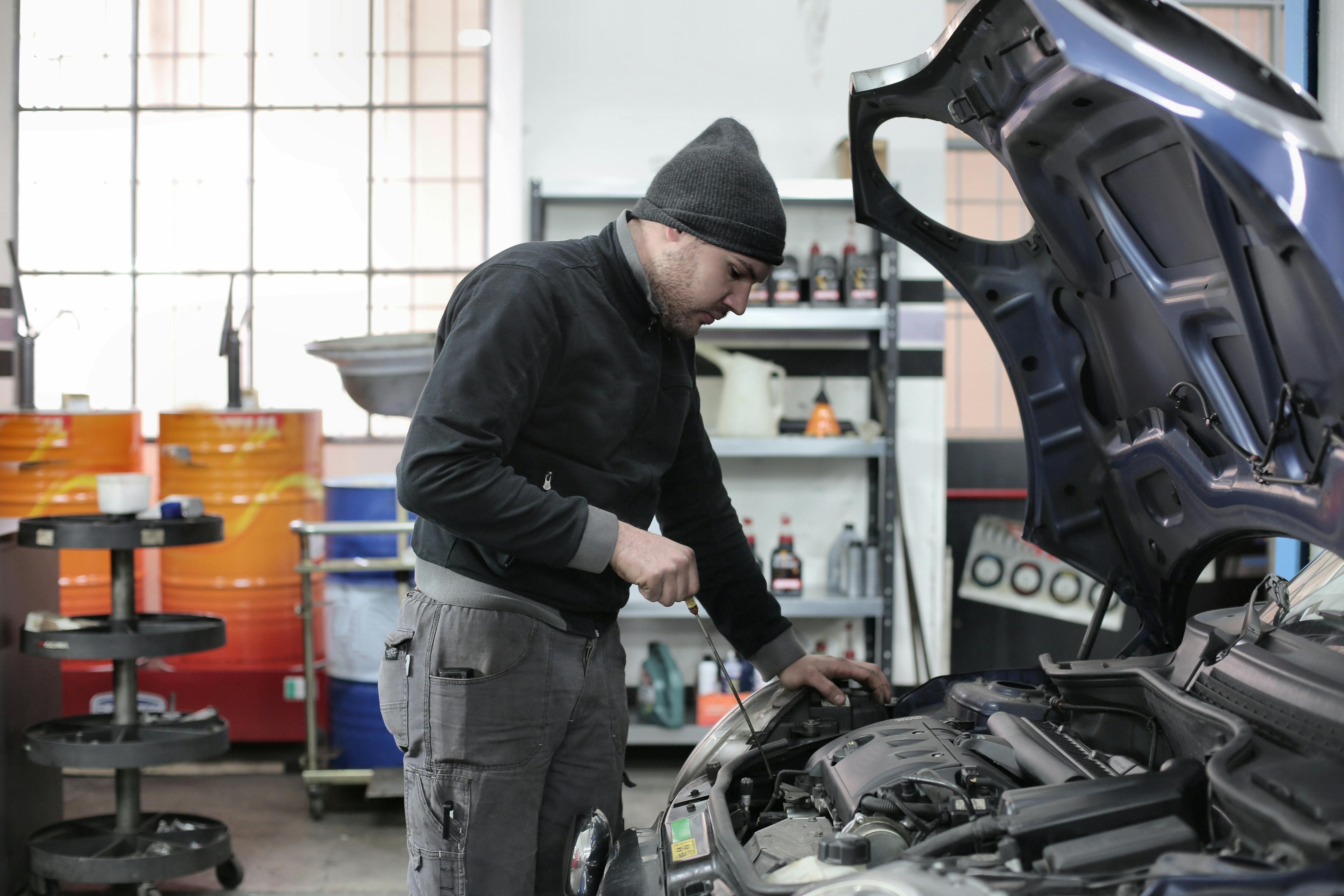The Smart Buyer's Playbook: Why You Need a Pre-Purchase Car Inspection
Author
Bahram Najafzadeh
Date Published

Buying a used car can be a thrilling experience, but it also comes with a significant amount of risk. A shiny paint job and a smooth test drive can hide a multitude of expensive problems—from a failing transmission to hidden frame damage from a previous accident. This is where a Pre-Purchase Inspection (PPI) becomes the most important step in your buying journey.
A PPI is your best defense against buying a lemon. It's a comprehensive, third-party evaluation of a used vehicle's condition before you finalize the purchase. This guide will walk you through everything you need to know about a PPI, why it's a non-negotiable part of the process, and how to get one done right.
What Does a Pre-Purchase Inspection Include?
A PPI goes far beyond a simple test drive. It's a detailed, multi-point assessment designed to uncover hidden issues that you wouldn't notice on your own. While there's no single industry standard checklist, a thorough PPI will typically include:
Exterior and Interior Inspection: A mechanic will check for signs of past accidents, flood damage, rust, and inconsistent paint. They'll also inspect the interior for wear and tear, and test all electrical components like windows, lights, infotainment, and air conditioning.
Mechanical Evaluation: This is the heart of the inspection. The mechanic will examine the engine, transmission, brakes, steering, suspension, and exhaust systems for any signs of wear, leaks, or damage. They'll check belts, hoses, and all fluid levels.
Computer Diagnostics: Using specialized tools, the mechanic will scan the vehicle's onboard computer for any stored trouble codes. This can reveal problems that haven't yet triggered a check engine light. A mechanic can also check if any codes have been recently cleared, which can be a major red flag.
Road Test: The mechanic will take the car for a short test drive to assess its performance and handling. They'll listen for any unusual noises, feel for vibrations, and evaluate acceleration and braking.
Structural Integrity: The mechanic will inspect the vehicle's frame and undercarriage for any signs of damage from a crash or rough use.
Why is a PPI So Important?
A pre-purchase inspection is an investment that can save you thousands of dollars in the long run. The benefits are immense:
Uncover Hidden Issues: A PPI can reveal costly problems like engine leaks, transmission trouble, or frame damage that are not apparent during a quick visual inspection.
Negotiating Power: If the mechanic finds any issues, you can use the report as a powerful bargaining tool. You can either negotiate a lower price to cover the cost of repairs or ask the seller to fix the issues before you buy the car.
Peace of Mind: Knowing that a qualified professional has meticulously examined the vehicle provides peace of mind and confidence in your purchasing decision. It protects you from buying a "lemon" that will lead to constant stress and unexpected breakdowns.
Ensures Safety: A PPI checks crucial safety components like brakes, tires, and suspension, ensuring that the car is safe for you and your passengers.
Verifies True Value: The inspection can confirm whether the vehicle is priced appropriately for its actual condition, ensuring you're not overpaying.
How Much Does a PPI Cost?
The cost of a PPI varies depending on your location, the depth of the inspection, and the type of vehicle. A standard inspection typically costs between $100 and $300, with some estimates falling in the $183 to $322 range. While this is an added expense, it's a small price to pay to avoid a major, costly repair down the road.
Where to Get a Pre-Purchase Inspection
Choosing the right mechanic is crucial for an unbiased assessment.
Independent Mechanics: The best option is to take the vehicle to a trusted, independent mechanic who has no stake in the sale. You can find highly-rated independent shops through online reviews or by using resources like the ASE Blue Seal shop locator tool.
Mobile Inspection Services: If the seller is a private party and is reluctant to drive to a shop, a mobile inspection service is a great option. These services will send a qualified inspector to the vehicle's location and provide you with a detailed report. This is also a good choice if you are buying a car in another state.
Dealerships: While a dealer may offer an inspection, it's important to remember they have a conflict of interest. If you go to a dealership, make sure their service department is separate from the sales process.
A major red flag: If the seller refuses to allow a pre-purchase inspection, consider it a sign that they may be hiding a serious issue. It's often best to walk away from that deal.
A pre-purchase inspection is an essential step that every used car buyer should take. It's not about being distrustful; it's about being smart. By investing a small amount of time and money, you can protect yourself from a bad deal and drive away with confidence in your new vehicle.

Learn how to access a vehicle's smog check history in California, what's in the report, and why this information is crucial for buyers and sellers.

Find out how to check for car recalls using your VIN. This guide explains how to look up recalls on the NHTSA website and get them fixed for free.